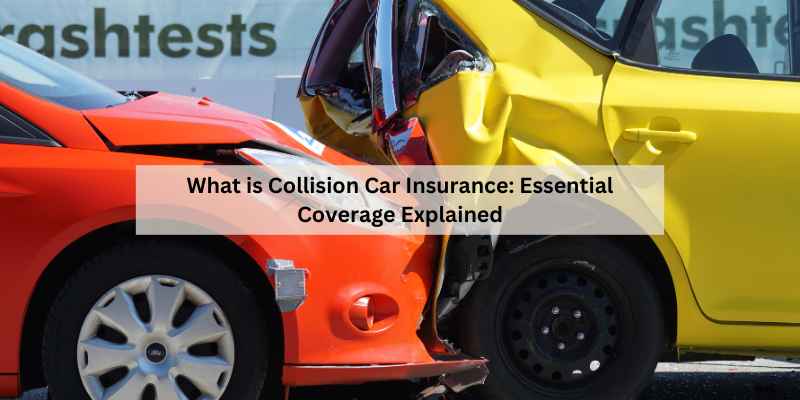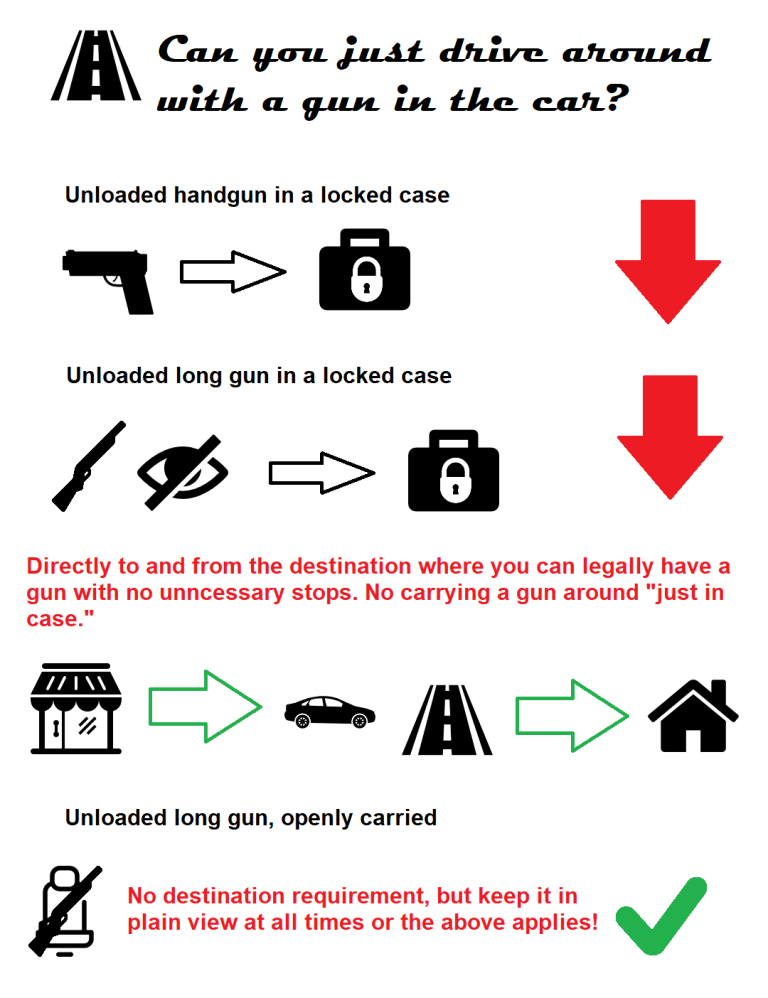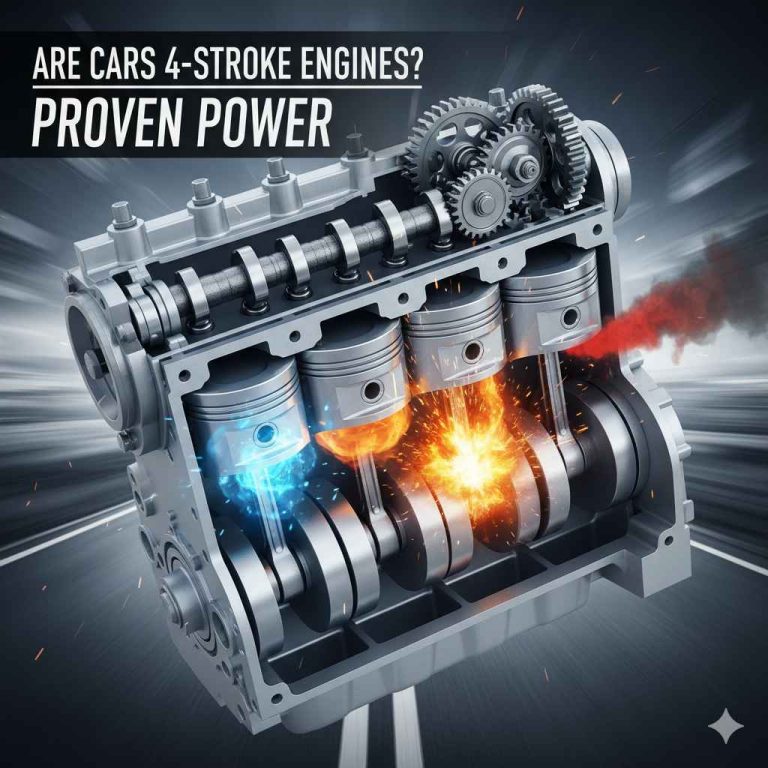What is Collision Car Insurance: Essential Coverage Explained
Collision car insurance covers damages to your vehicle after an accident, regardless of fault. It helps pay for repairs or replacement, ensuring financial protection.
Car accidents can happen to anyone, often leading to unexpected costs. Collision car insurance provides peace of mind by covering the expenses related to damage to your vehicle. This type of insurance is essential for drivers who want to safeguard their investment.
Whether you drive a new car or an older model, having collision coverage can save you from significant out-of-pocket expenses. It complements other insurance types, like liability and comprehensive, to offer comprehensive protection on the road. Understanding collision insurance helps you make informed decisions about your coverage needs and financial security.
Collision Car Insurance Basics
Collision car insurance helps pay for damage to your vehicle. It covers repairs from accidents with other cars or objects. This insurance is useful for serious accidents.
It does not cover costs for medical expenses or repairs to other vehicles. Issues like wear and tear or mechanical failures are also excluded. Damage from natural disasters or theft is not covered either.
| What It Covers | What It Doesn’t Cover |
|---|---|
| Damage from collisions | Medical expenses |
| Repairs after an accident | Repairs to other vehicles |
| Damage from hitting objects | Natural disasters |
Comparing Collision Coverage With Other Types
Liability insurance covers damages to others. It does not cover your own car. If you cause an accident, this insurance pays for repairs to the other vehicle.</p
Collision coverage pays for your car’s repairs after an accident. It covers damage to your vehicle, no matter who is at fault. This type of insurance helps you get back on the road faster.</p
Comprehensive insurance covers non-collision events. This includes theft, vandalism, or natural disasters. It protects against damages from events outside of driving.</p
| Type of Coverage | What It Covers |
|---|---|
| Liability | Damages to others’ vehicles |
| Collision | Your car’s repairs after an accident |
| Comprehensive | Theft, vandalism, and natural disasters |
Determining If Collision Coverage Is Right For You
Collision coverage helps protect your car from accidents. Assessing your risk is important. Think about how often you drive. Consider the value of your car. A high-value car may need more protection.
Evaluate your driving habits. Do you drive in busy areas? This can increase your risk. Also, consider your budget. Collision coverage adds to your insurance cost.
Here are some points to consider:
- High-value cars benefit from collision coverage.
- Frequent drivers should think about it seriously.
- Low-value cars may not need collision coverage.
- Your financial situation plays a big role.
Cost Of Collision Insurance
The cost of collision insurance can vary widely. Several key factors impact premiums. These include your vehicle’s make, model, and age. A newer car often costs more to insure. Your driving record also plays a significant role. Safe drivers usually pay less for insurance.
Location is another important factor. Urban areas may have higher rates than rural ones. Additionally, your credit score can affect the premium cost. Better scores often lead to lower rates.
| Factor | Influence on Premiums |
|---|---|
| Vehicle Type | Higher value leads to higher premiums |
| Driving Record | Clean records result in lower costs |
| Location | Urban areas can increase rates |
| Credit Score | Better scores lower premiums |
Deductibles also play a crucial role. A deductible is the amount paid before insurance kicks in. Higher deductibles often lead to lower premium costs. However, this means more out-of-pocket expense after an accident. Choosing the right deductible is very important.
Filing A Collision Claim
After an accident, taking the right steps is crucial. Start by documenting the scene. Take photos of damages and any other vehicles involved. Collect witness information, if possible. Always call the police to report the accident.
Next, contact your insurance company. Provide them with all necessary details. They will guide you on filing a collision claim. Keep records of all communications and documents. This will help speed up the claims process.
Stay organized throughout the process. Make a list of all expenses related to the accident. This includes medical bills and repair costs. Follow up with your insurance regularly for updates.
Collision Coverage Limits
Collision car insurance helps pay for damage to your car after an accident. It covers repair costs if you’re at fault. Understanding your policy limits is essential. These limits show how much the insurance will pay.
Limits vary by policy. Choose a limit that fits your needs and budget. Exceeding limits means you pay the extra costs. This can lead to unexpected expenses.
Always review your policy. Know what is covered and what isn’t. This knowledge helps you make better choices.
Collision Coverage For Leased Or Financed Cars
Collision coverage is important for leased or financed cars. It helps pay for repairs after an accident. Lenders often require this coverage to protect their investment.
Most lenders want you to have collision insurance. This ensures the car remains in good condition. Without it, you may face penalties or higher fees.
| Benefit | Description |
|---|---|
| Financial Protection | Covers repair costs after an accident. |
| Peace of Mind | Reduces stress knowing you’re covered. |
| Compliance with Lender | Meets lender’s insurance requirements. |
Choosing extra coverage can save money long-term. It helps prevent out-of-pocket expenses. Collision insurance is a smart choice for all car owners.
Reducing The Cost Of Collision Insurance
Finding discount opportunities for collision insurance can save you money. Many companies offer safe driver discounts. Being accident-free for a certain period can lower your premium. Bundling policies, like home and auto, often provides additional savings. Some insurers give discounts for installing safety features in your car.
Consider dropping collision coverage if your car’s value is low. If your vehicle is older, it may not be worth the cost. Evaluate your financial situation and decide if saving money is more important. This decision can help you keep more cash in your pocket.
Frequently Asked Questions
What Does Collision Car Insurance Cover?
Collision car insurance covers damage to your vehicle after an accident. This includes damages from hitting another car or object. It also applies regardless of who is at fault. However, it does not cover injuries or damages to other vehicles.
How Does Collision Insurance Work?
Collision insurance pays for repairs to your vehicle. After an accident, you file a claim with your insurer. They assess the damage and cover repair costs, minus your deductible. If your car is totaled, you’ll receive its market value, subject to your deductible.
Is Collision Insurance Mandatory?
Collision insurance is not legally required. However, if you finance or lease your vehicle, lenders may require it. It protects your investment by covering repair costs. Consider your vehicle’s value and your budget when deciding on this coverage.
How Much Does Collision Insurance Cost?
The cost of collision insurance varies based on several factors. These include your vehicle’s make and model, your driving history, and your location. On average, it can range from a few hundred to over a thousand dollars annually. Always compare quotes to find the best rate.
Conclusion
Collision car insurance offers essential protection for your vehicle. It covers damages from accidents, regardless of fault. Understanding this type of insurance helps you make informed decisions. Choosing the right coverage can save you money and stress in the long run.
Protect your investment and drive with confidence.







